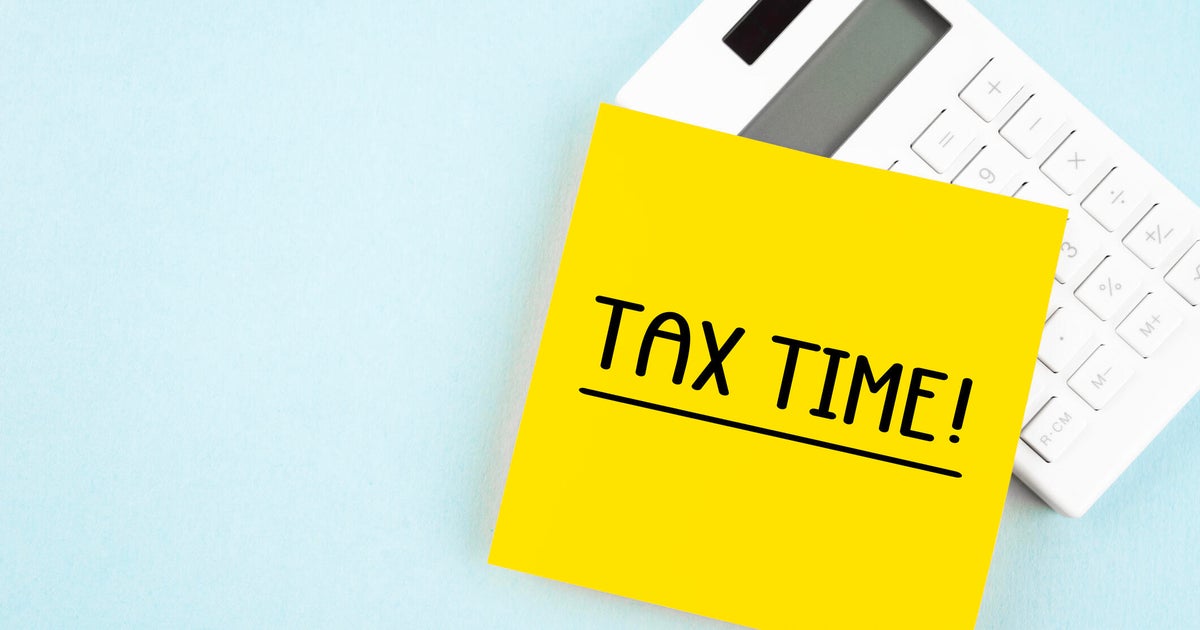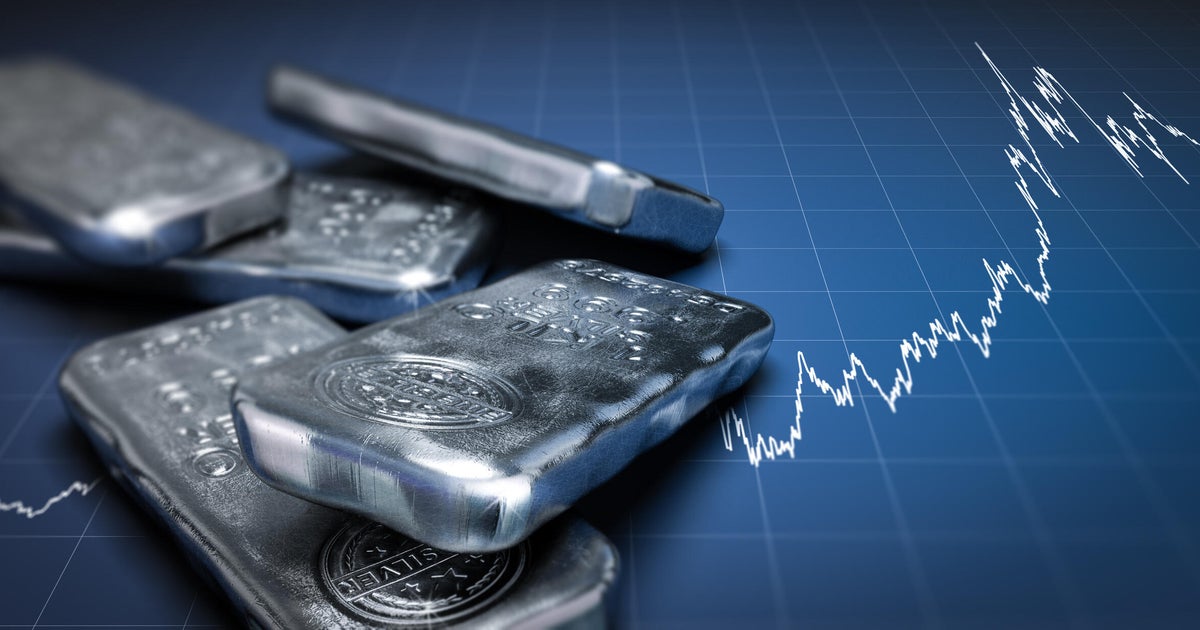4 ways to earn more interest on your savings
Who doesn't want to earn more interest on their savings — particularly in today's challenging economic environment? Inflation is still high, and with prices up on nearly everything up, we could all use a little more cash in the bank. But unfortunately, rates on basic savings accounts just aren't keeping up. According to the Federal Deposit Insurance Corp., the typical savings account earns just a 0.42% APY.
While there are other options to grow your money — like investing in the stock market or buying real estate, for example — those often come with risk. Interest-earning accounts, on the other hand, are one of the safest ways to expand your wealth.
Still, that growth can vary widely depending on what type of account you open and where you get it. So, if you want to make sure you're maximizing the interest that your savings earn, here's what you'll need to do.
Get started by comparing some of the top high-yield savings options available now.
4 ways to earn more interest on your savings
Open a high-yield savings account
Many banks and financial institutions offer high-yield savings accounts, which typically come with much higher interest rates than your more basic accounts. Rates on these have increased significantly over the last year, largely thanks to the Federal Reserve, which has increased short-term interest rates 11 times since March 2022.
"High yield savings accounts are paying, on average, around 4.5% — the highest they have been since the 2008 financial crisis," says Jill Fopiano, CEO of O'Brien Wealth Partners.
What's even better? Those rates should remain high — and could trend even higher — as 2023 goes on.
"Rates on high-yield savings and money market funds should remain near current levels until the Fed starts cutting interest rates," Fopiano says. "Current Fed guidance suggests that they are not likely to cut rates over the next few months."
If you don't need immediate access to your cash, certificate of deposit accounts — or CDs — might be an option, too. These require you to keep your money untouched for a set amount of time, but they often come with higher interest rates than other options — especially in the long run.
"Depending on the time horizon for using the assets, locking in a three- or five-year CD at current rates may make sense for people," Fopiano says. "While the Fed's moves have no direct influence on savings rates, deposit rates are correlated with Fed funds rates and are likely to decline once the Fed starts cutting rates. In that event, locking in a higher yield via a CD can be a means to preserve a higher rate for longer."
Choose an online bank
Switching your account to one at an online institution may also help, as these types of banks or financial institutions will often offer much higher interest rates than larger banks.
"In my professional opinion, online banks are the obvious place to start," says James Allen, founder of Billpin and a certified public accountant. "Their high-interest savings accounts blow traditional brick-and-mortar banks out of the water in terms of annual percentage yield. I'm talking four, even five, times higher interest rates."
It's not too surprising if you think about the difference in operational costs.
"Online banks have miniscule overhead compared to major banks with hundreds of branches and thousands of employees. They pass those cost savings directly to you in the form of jaw-dropping interest rates," Allen says.
Consider a money market account
Money market accounts — not to be confused with money market funds — are another savings account option that can offer you higher interest rates than you'll find on traditional accounts.
"Money market accounts are like savings accounts, but offer check-writing privileges and often higher interest rates," says Steve Sexton, CEO of Sexton Advisory Group.
Just be warned, Sexton says.
"While some money market accounts may offer higher interest rates than high-yield savings accounts, they may also have higher fees and minimum balance requirements," Sexton says.
Find out today's savings rates here to see how much you could be earning.
Shop around
Finally, make sure to compare your options. As Sexton explains, "some banks or credit unions offer more competitive interest rates on their savings accounts. It helps to shop around, negotiate, and keep an eye out for bank bonuses offered to new customers. Offers for new customers can include a cash bonus, a higher interest rate, or other perks that can help pad your savings accounts."
The bottom line
While today's economic environment may be challenging due to issues with inflation, a potential looming recession and other challenges, savers still have the opportunity to earn higher-than-average rates on the money they deposit into their accounts. With rates of 4.5% or higher, high-yield savings accounts can be a great way to grow your money without much risk. But before you open an account, make sure to consider all of the ways you can earn even more interest on your savings to ensure that you're getting the highest return possible on your money.




